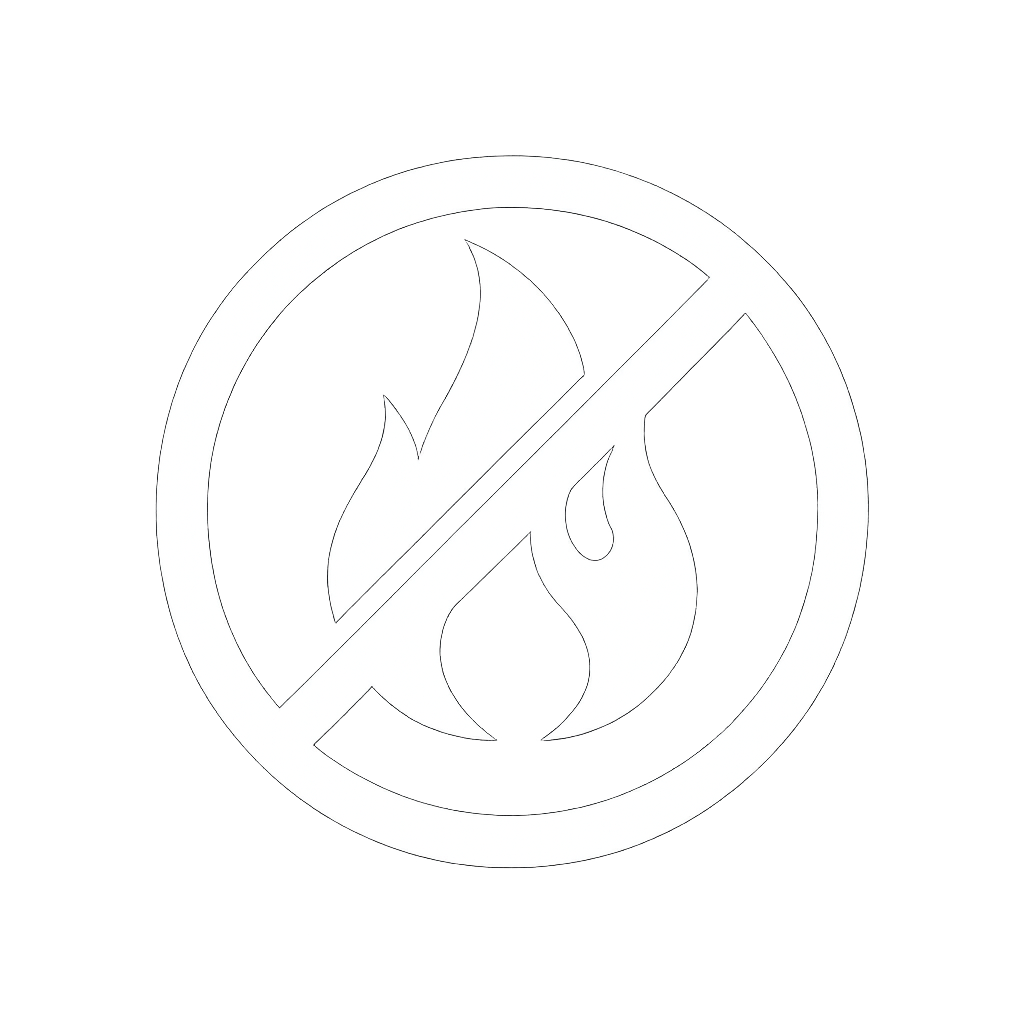♿ Healing from Religious Ableism
💔 When Disability Was Framed as a Test, a Curse, or a Lack of Faith
In many fundamentalist or Pentecostal spaces, disability and chronic illness weren’t met with empathy — they were met with suspicion, pity, or spiritual gaslighting.
You may have been told:
“God will heal you if you just believe.”
“You need to pray harder.”
“Your suffering glorifies God.”
“There must be sin in your life.”
“Claim your healing!”
“Don’t confess that over yourself.”
You weren’t supported.
You were blamed, erased, or used as a cautionary tale.
😔 What Religious Ableism Feels Like
It feels like being on a prayer list when you just wanted a ramp.
It feels like hiding your pain because you’re tired of being someone’s testimony.
It feels like being told your body is a problem to be fixed instead of a truth to be honored.
It feels like spiritual bypassing in the form of:
“God works all things for good.”
“Your healing is coming.”
“Your reward is in heaven.”
“Maybe this is your cross to bear.”
And if you never got “healed,” it became your fault.
🧠 The Long-Term Effects
Religious ableism doesn’t just harm your body — it harms your mind, your dignity, and your sense of self-worth.
It teaches you:
To distrust your pain
To mask or push through symptoms for others’ comfort
That asking for access or accommodation is “being difficult”
That your body must be punished, prayed over, or “disciplined” into submission
That disability is inherently shameful — or worse, contagious
Even if you’re no longer in those spaces, those messages can still echo in your relationships, your self-talk, and your healthcare decisions.
🌿 Reclaiming Your Body and Your Worth
Healing from religious ableism means gently telling yourself the truth — and letting that truth rewrite what you were taught.
You get to say:
“My body is not a punishment.”
“I don’t need to be healed to be whole.”
“I deserve support without needing to perform pain or piety.”
“Spiritual bypassing is not comfort — it's control dressed up as compassion.”
“I am not a lesson, a burden, or an object lesson. I am a person.”
🛠️ Tools for Rebuilding After Religious Ableism
Disability justice education (especially by BIPOC and queer disabled activists)
Therapy with a trauma-informed, disability-affirming provider
Journaling prompts like:
What did I learn about my body in church?
What do I believe now about strength, rest, and care?
What accommodations do I need — and who will honor them with love?
Connecting with others who have lived this experience and are creating new meaning
Unlearning toxic positivity and embracing honest, messy, embodied truth
💬 You Were Never Less Than
You were never weak for needing help.
You were never broken for not getting “better.”
You were never lacking faith.
You were simply human — and deeply deserving of care.
Healing from religious ableism is not about becoming “strong” or “inspiring.”
It’s about becoming safe — in your body, your community, and your truth.
You don’t need to be someone’s miracle.
You are already a whole, complex, sacred story.
